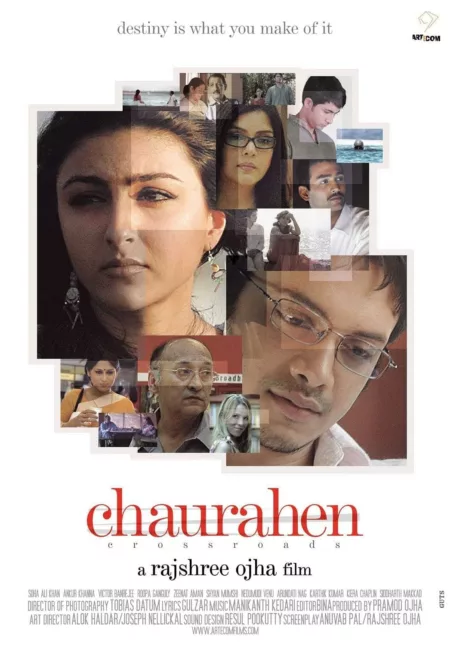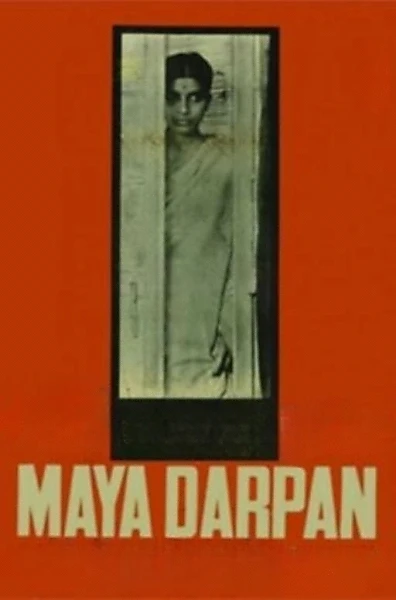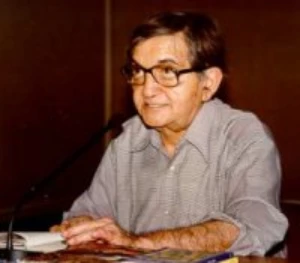Biography
(No Information)
Filmography
all 2
Movies 2
Writer 2
Writer

Chaurahen (2007)
Movie
Writer

Maya Darpan (1973)
Movie
Information
Known ForWriting
GenderMale
Birthday1929-04-03
Deathday2005-10-25 (76 years old)
Birth PlaceShimla, India
CitizenshipsDominion of India, British Raj, India
AwardsPadma Bhushan, Jnanpith Award, Sahitya Akademi Award
This article uses material from Wikipedia.
Last updated:
 Nirmal Verma
Nirmal Verma- Filmography
- Information